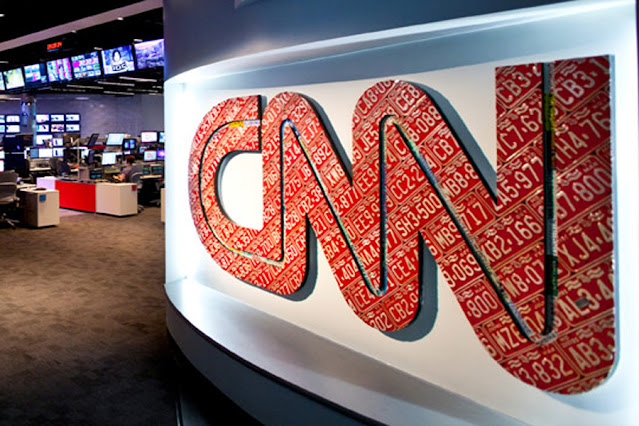When Chris Licht took over as CNN’s chairman, he told employees in his first town hall meeting not to worry about ratings, a mainstay of TV news used as a benchmark for revenue and relevance, reports The NY Times.
Now, three months into Licht’s tenure, the network finds itself facing big questions about how it can continue to grow its business with its moonshot streaming service dead and the traditional TV business in structural decline.
Projections from S&P Global Market Intelligence say that CNN’s profitability is on pace to decline to $956.8 million this year. That would mark the first time since 2016 that the network has dipped below $1 billion in profit, according to three people familiar with its operations.
Two people familiar with CNN’s operations said that the network’s initial 2022 profitability target was $1.1 billion, which Mr. Licht is on track to miss by more than $100 million. But another person familiar with the matter said that by the accounting of company executives, Licht is on track to meet a profitability target of roughly $950 million for the year, since the network’s initial budget didn’t account for losses associated with launching the CNN+ streaming service.
 |
| Chris Licht |
Marlin has floated a variety of revenue-generating ideas since joining CNN, including striking advertising deals with major tech companies like Microsoft. Marlin has also mentioned selling sponsorships to corporate underwriters, extending CNN’s brand in China and expanding CNN Underscored, an e-commerce initiative.
CNN’s parent has also cracked down on expenses. In July, CNN employees received a revised travel and expense policy that, among other things, restricts spending on work celebrations for senior vice presidents and below to $50 per person (“no cap for C.E.O. of W.B.D.,” the policy reads). And Licht has found ways to make coverage more economical, including a recent decision not to send a U.S.-based special events team to Queen Elizabeth II’s Platinum Jubilee.
CNN has spent millions covering the war in Ukraine, according to two people familiar with its operations, and the network is still paying some costs associated with CNN+, such as the salaries of high-profile journalists like Chris Wallace and Audie Cornish, which have also weighed on the bottom line.

No comments:
Post a Comment
Note: Only a member of this blog may post a comment.